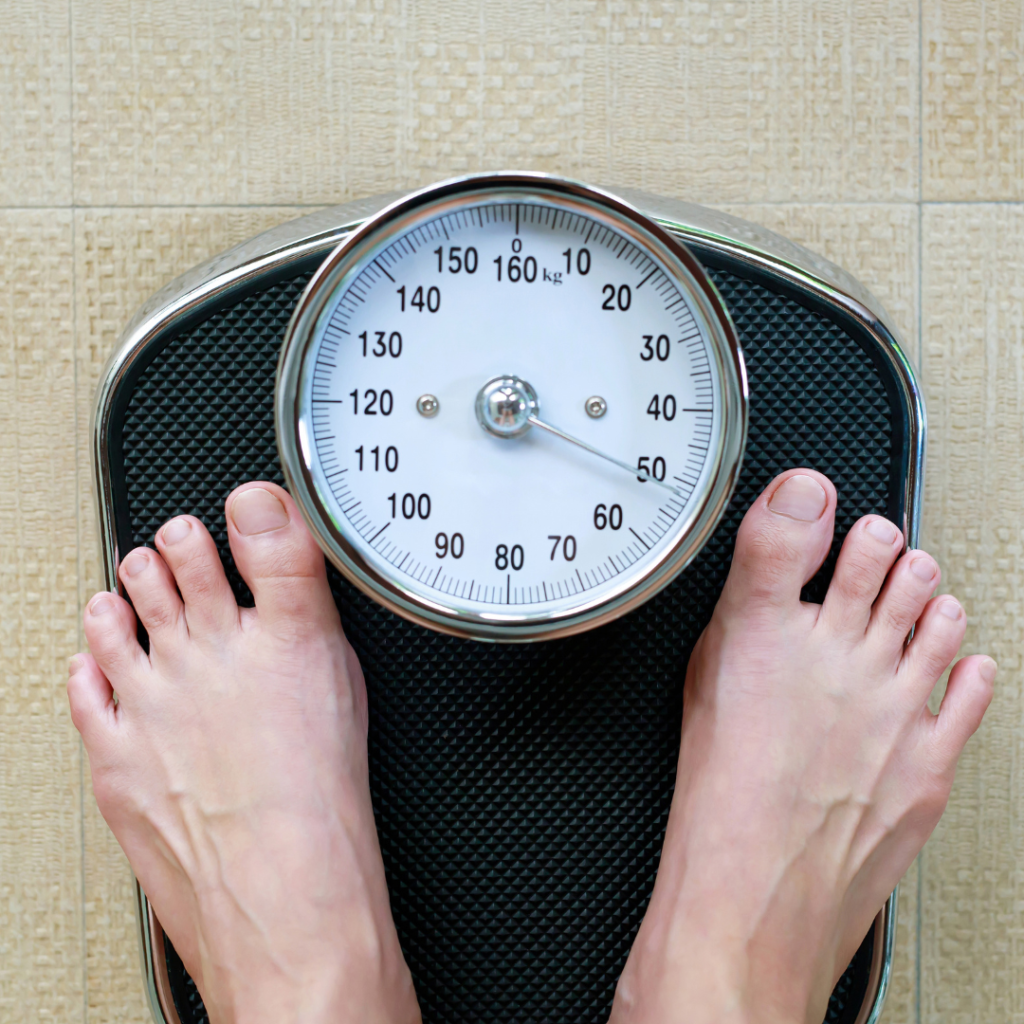
At iCare 365 Health & Wellness, we believe that understanding the science behind weight loss is a crucial first step toward achieving your health and wellness goals. While many people associate weight loss with dieting or exercise, the true key lies in how your body burns fat. Let’s break down the science behind this process and how you can optimize it to effectively manage your weight.
1. The Basics of Energy and Metabolism
To understand how your body burns fat, it’s essential to first grasp the concept of metabolism. Metabolism refers to all the chemical reactions in your body that keep you alive and functioning. This includes breaking down food to produce energy, repairing cells, and growing new tissue. Your metabolic rate is the speed at which these processes occur, and it varies from person to person.
When you eat, your body converts the calories from food into energy. If you consume more energy than your body needs for daily functions, the excess calories are stored as fat. Conversely, when you burn more energy than you consume (a calorie deficit), your body starts to break down fat for fuel.
2. How Does Your Body Burn Fat?
Fat burning happens primarily through two processes: lipolysis and oxidation.
- Lipolysis is the process where fat cells, or adipocytes, break down stored fat into fatty acids and glycerol. These components are released into the bloodstream and used as energy by various tissues in the body.
- Oxidation occurs when these fatty acids are transported to the muscles and organs that need energy, such as the heart and liver. Once in these tissues, the fatty acids are broken down further and “burned” for energy. This process is what we typically refer to as “fat burning.”
3. The Role of Insulin
One of the primary hormones involved in fat storage and fat burning is insulin. When you eat carbohydrates, your body breaks them down into glucose (sugar), which enters the bloodstream. In response, the pancreas releases insulin, which helps move glucose into cells for energy.
However, when insulin levels are consistently high, such as after consuming large amounts of sugar and refined carbs, the body becomes less efficient at burning fat. This is because insulin is a storage hormone—it encourages the body to store excess glucose as fat rather than burning it. Managing insulin levels through diet and exercise can help promote fat loss.
4. The Impact of Exercise on Fat Burning
Exercise is one of the most effective ways to increase the body’s fat-burning potential. When you engage in physical activity, your body needs energy. For short bursts of exercise, the body primarily uses glucose from carbohydrates. However, during longer, moderate-intensity exercises, the body starts to tap into its fat stores for energy.
Cardiovascular exercises such as walking, running, cycling, and swimming increase heart rate and trigger fat oxidation, especially after 30 minutes or more of activity. Strength training also plays a crucial role in fat loss. Building lean muscle mass increases your resting metabolic rate, which means you burn more calories even when you’re not exercising.
5. The Role of Hormones in Weight Loss
Beyond insulin, several other hormones play a role in fat burning:
- Leptin: Known as the “satiety hormone,” leptin signals to your brain that you’re full, helping to regulate your appetite. High leptin levels can reduce hunger, making it easier to maintain a calorie deficit.
- Cortisol: Chronic stress leads to elevated cortisol levels, which can increase fat storage, particularly around the abdomen. Managing stress through relaxation techniques can help reduce cortisol levels and support weight loss efforts.
- Adiponectin: This hormone helps to regulate glucose levels and increases fat burning. Higher adiponectin levels are associated with a more efficient fat-burning process.
6. Diet’s Role in Fat Loss
While exercise is important, diet plays an equally significant role in how your body burns fat. A balanced diet rich in whole foods like vegetables, lean proteins, and healthy fats can optimize your metabolism and help you maintain a calorie deficit. Some key dietary factors that can enhance fat burning include:
- Protein: High-protein diets can increase satiety and help preserve lean muscle mass while promoting fat loss. Protein also requires more energy to digest, which can boost metabolism.
- Healthy Fats: Healthy fats, like those found in avocados, olive oil, and fatty fish, can support fat metabolism and provide long-lasting energy.
- Fiber: Foods rich in fiber, like fruits, vegetables, and whole grains, slow down digestion and help regulate blood sugar, keeping insulin levels stable.
7. The Role of Sleep and Recovery
Never underestimate the power of a good night’s sleep when it comes to fat loss. Poor sleep can disrupt hormone levels, including cortisol, which can increase fat storage. Aim for 7–9 hours of quality sleep each night to support fat-burning processes.
8. Why Professional Guidance Matters
At iCare 365 Health & Wellness, we understand that weight loss is a multifaceted process. What works for one person may not be effective for another. Our team of experts can guide you in developing a personalized plan that takes into account your unique metabolism, lifestyle, and health needs.
Whether you’re looking for hormone therapy, nutritional counseling, or exercise strategies, we are here to help you unlock your body’s potential to burn fat more efficiently.
Conclusion
Understanding how your body burns fat is key to making informed decisions about your weight loss journey. From metabolism to hormones, exercise, and diet, several factors influence your body’s ability to burn fat. With the right combination of lifestyle choices and professional guidance, you can effectively manage your weight and improve your overall health.
For more personalized guidance on weight loss, contact us at iCare 365 Health & Wellness. We’re committed to supporting your health and wellness journey every step of the way.
Contact Information: Website: https://icare365healthandwellness.com
Email: icare365health@gmail.com
Phone: 913-850-3430

